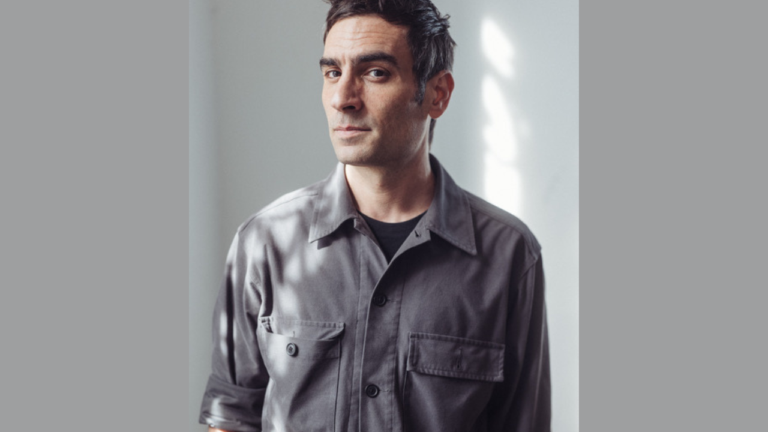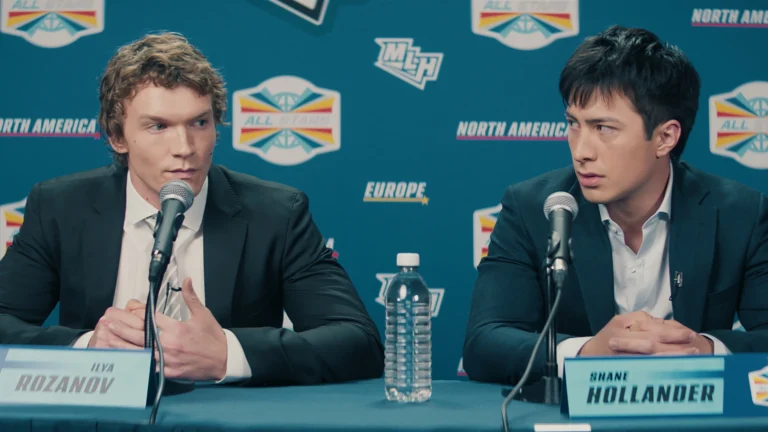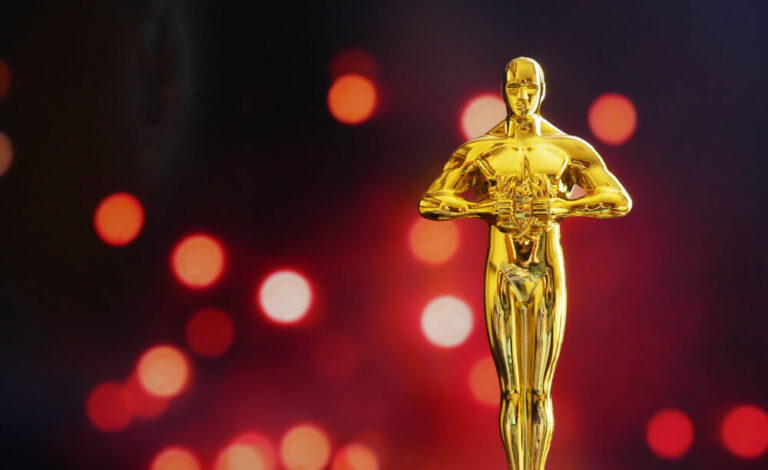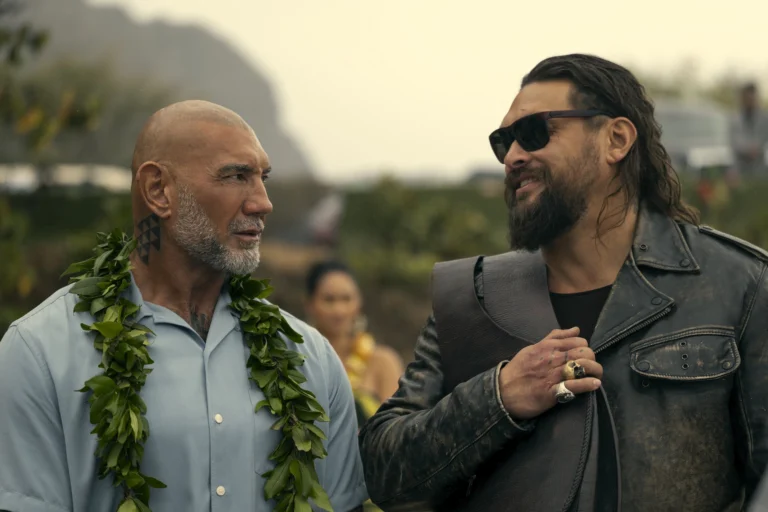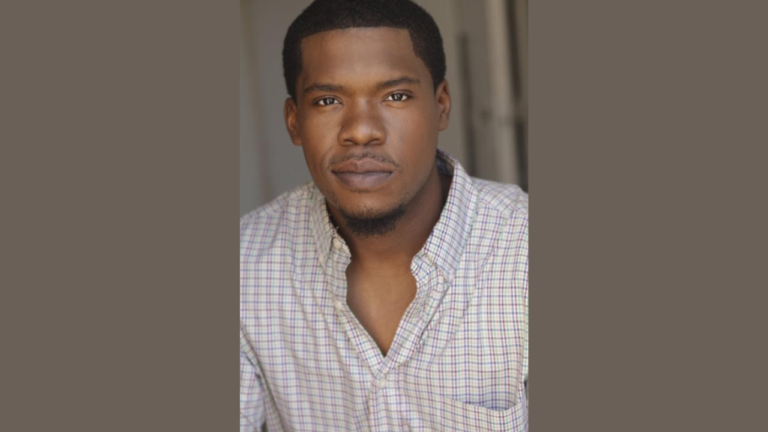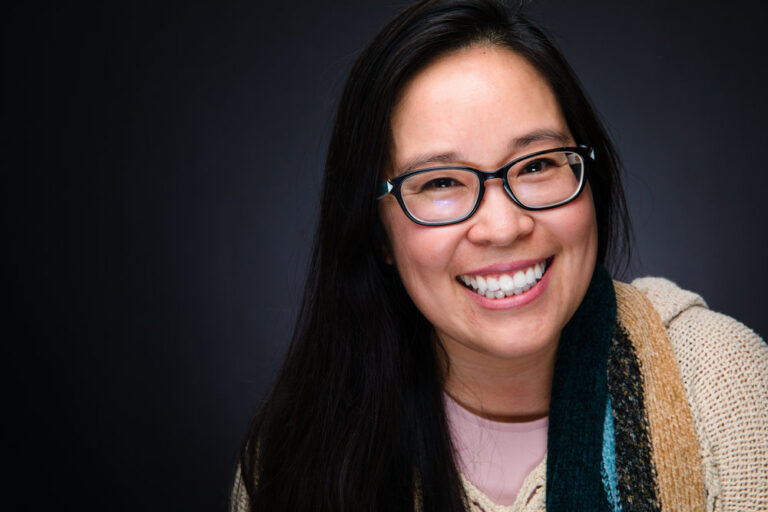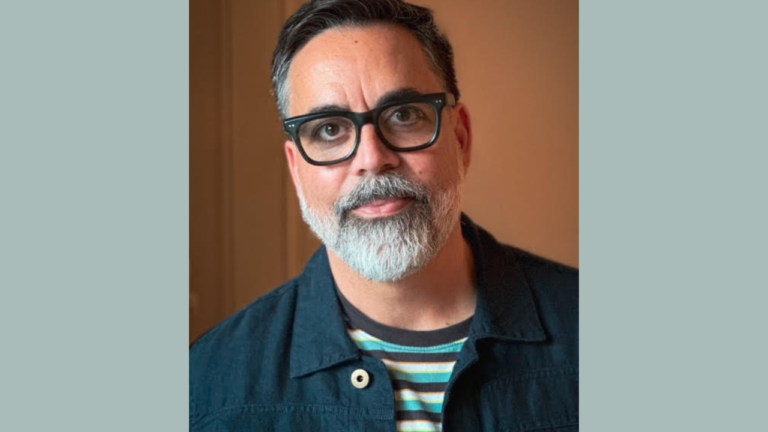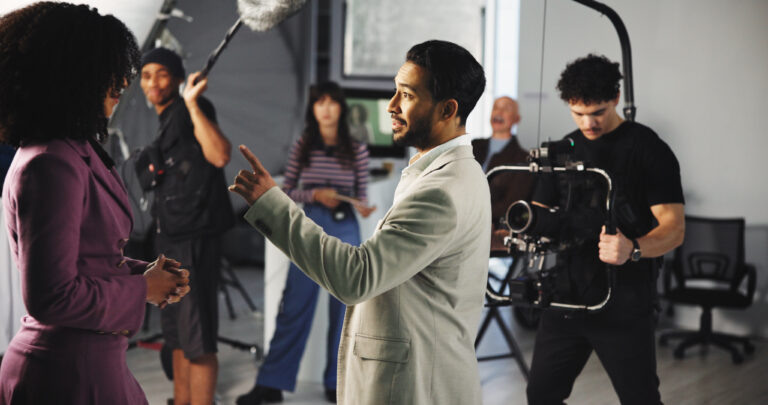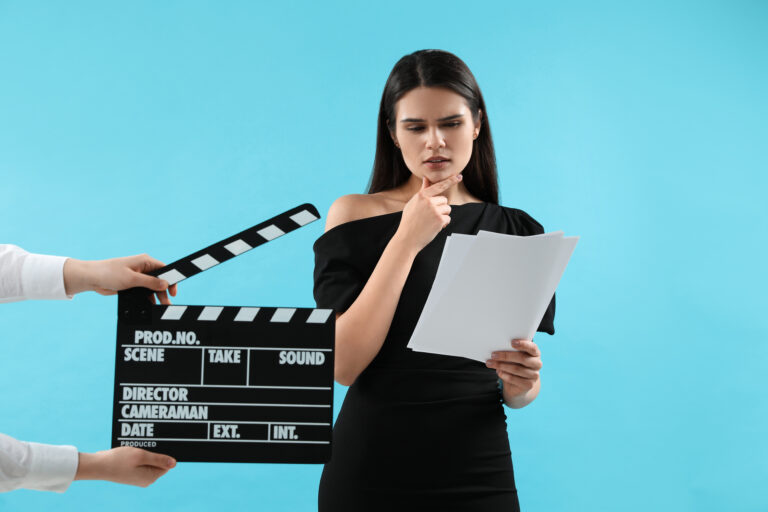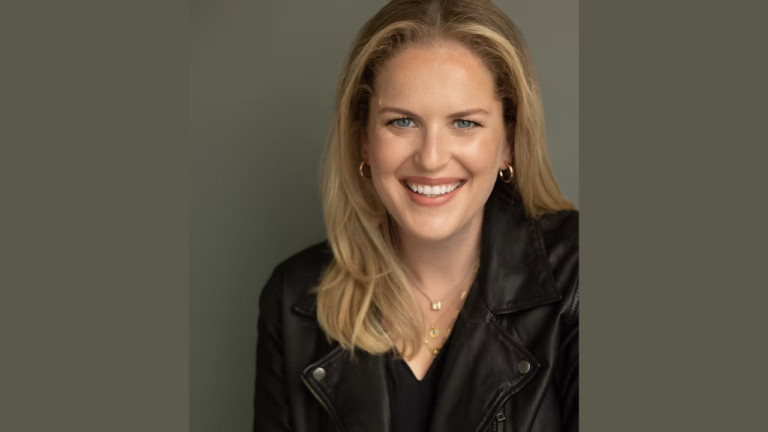Not too long ago, coming out was considered detrimental to an acting career. Even playing a gay role could have negative connotations, and the insecurity was such that it kept talented people from exploring interesting characters.
Thankfully, that kind of thinking is all but obsolete today. Today, we’re going to explore how the entertainment industry has grown to love and accept people for who they are, and what that means to casting.
Insights for Playing LGBTQ Roles
- Embrace opportunities to play diverse and authentic LGBTQ characters, as these roles are now widely accepted and celebrated in mainstream media.
- Focus on your craft and authenticity, since casting decisions are increasingly based on talent and suitability for the role rather than personal identity.
- Be open about your identity if you choose, as coming out no longer carries the same career risks and can even enhance casting authenticity and opportunities.
The Shifting Landscape of LGBTQ Roles
Today, there are more LGBTQ characters in mainstream movies and TV shows, more shows and movies centered around them and more opportunities for LGBTQ performers than ever before. We have romantic comedies are about two men in love, and sitcoms where the characters are gay often play a central role in the plot. These were once anomalies but are now the norm.
“It’s sort of the same thing that happened when there weren’t enough Black roles in shows,” says Casting Director Seth Yanklewitz. “Or giving Chinese, Korean and Japanese people roles that were vaguely Asian, which was utterly unacceptable. Now, characters that are non-binary and trans, and it’s all normal. And it should be. Thank God, right? Especially today, when the world seems against us again.”
Yanklewitz refers to the 1998 premiere of Will & Grace as the turning point, opening the door to the world that “it’s okay to be gay.”
In the nearly three decades since that show’s premiere, the audience has grown so accustomed to such characters they turn out to see stories like Bros, a romantic comedy about two gay men falling in love, Good Grief, a comedic drama about a gay man mourning the loss of his husband, and Fire Island, a comedy about a group of gay friends on summer vacation for what might be the last time.
All three films, each starring the gay man who wrote them — Billy Eichner, Dan Levy and Joel Kim Booster, respectively — were enormous crossover hits embraced by audiences of all kinds. And that’s just on the big screen.
On TV, Tina Fey turns the 1980 movie The Four Seasons into a Netflix limited series, and one of the three couples is matter-of-factly gay. Hulu’s new sitcom, Mid-Century Modern, centers on three gay men of a certain age. Both shows have garnered large audiences from all over the country.
Thinking about joining Casting Networks? Sign up for a free trial today!
Championing Authenticity in Casting
There is an added side effect of this acceptance: it allows more freedom for LGBTQ actors. People who were once forced into the closet for fear of losing their careers have come out and not seen any ill effects on their employment. Casting Director Nickole Doro observes, “In our business, it’s now all about who’s best for the role, and not about their private lives.”
Doro laments the fact that some gay roles still go to straight actors — one example she uses is Ewan McGregor playing the late designer Halston in the Netflix limited series — and points to the new freedom that allows filmmakers to cast more authentically.
“I love when actors are cast because they are authentically themselves, and the project calls for gay people to make that character real or pop,” she says. “I mainly watch comedies, so when a gay character is on the screen, I feel the show becomes more vibrant and colorful.”
Casting director Jamie Ember points out that “conversations have gotten a lot more open, and people are more open to discussing what casting authentically means.”
Beyond Identity: The Future of Casting
The other side of that is a shift in perspective that allows casting to go the other way in a manner it previously didn’t. Filmmakers are increasingly agnostic about the sexual identity of the actor, regardless of the character’s identity.
“I think it boils down to the casting director, actually,” Yanklewitz observes. “I think it’s our job to bring it to filmmakers and prove that it doesn’t matter because there are gay people that you will not buy as heterosexual, so they’re not right for the part. But I think all that matters is that you believe it.”
All of this means we’re living in a time when someone’s identity, or who they love, has less and less bearing on the kinds of roles they’re getting to play, even as there are more and more roles reflecting that same identity.
No matter how you slice it, it’s better for everyone.
“I think no one cares about this anymore,” Yanklewitz says. He adds with a laugh, “I think there’s a small group of people in the middle of the country who think they have to care but are secretly watching Queer Eye and loving every second of it.”
Final Takeaways
The landscape for LGBTQ actors and characters in film and television has shifted dramatically in recent years. What was once considered risky or career-limiting is now normalized and often celebrated, both on screen and behind the scenes. Acceptance and authenticity are reshaping casting and storytelling for the better. Here’s a quick recap of how Hollywood has evolved.
- In the past, being openly gay or playing a gay character could harm an actor’s career, but this is no longer the case.
- Representation of LGBTQ characters in mainstream movies and TV has increased, with more shows and films centered around authentic stories.
- The industry now prioritizes casting the best actor for the role, regardless of their personal identity or orientation.
- Open conversations about authentic casting are becoming more common, leading to greater freedom for LGBTQ performers.
- Audiences have embraced this shift, and acceptance is now more widespread than ever, benefiting everyone in the entertainment world.
You may also like:
